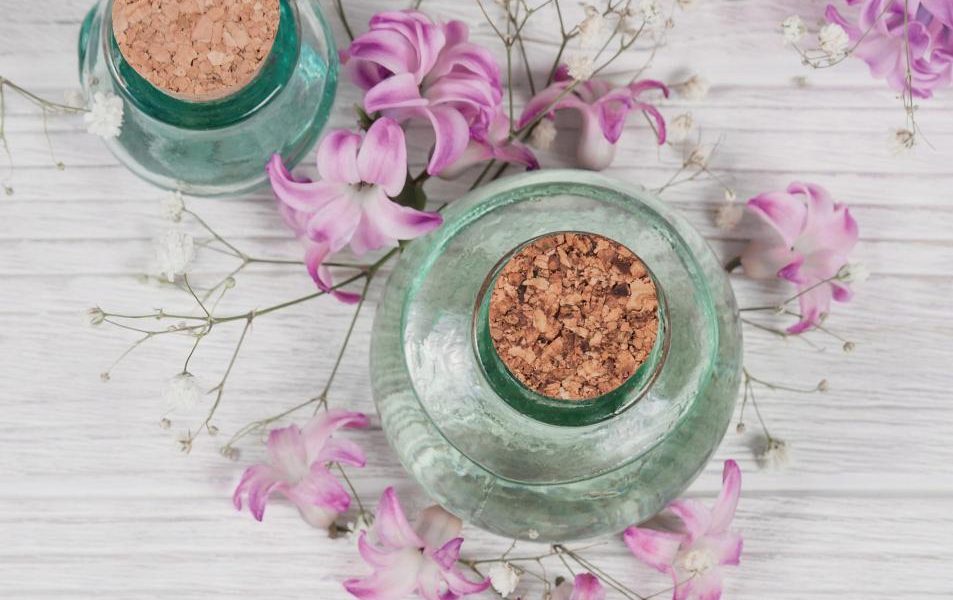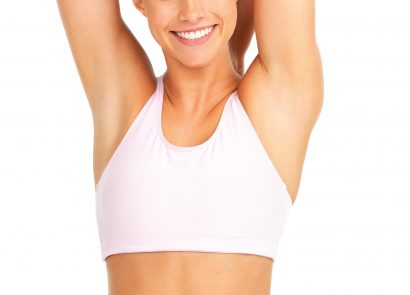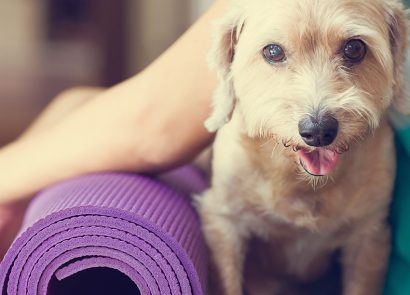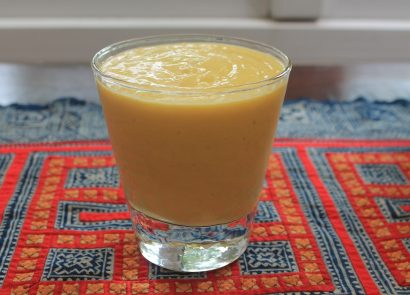When it comes to minor health problems and everyday aches and pains, wouldn’t it be nice to find a natural solution rather than reach for an over-the-counter medicine? Here, we look at how six different complementary therapies could help you to manage your own health and tackle some common complaints…
For headaches
Try… Indian head massage
How it works: Indian head massage can be traced back to a traditional system of medicine known as Ayurveda, which is more than 4,000 years old. It uses a range of massage techniques that are applied to the shoulders, upper arms, neck, scalp and face. During treatment, the therapist will work different pressure and marma (energy) points to help relieve tension, restore balance, and promote relaxation and self-healing.
Why it’s good: Tension headaches are the most common type of headache and while the exact cause isn’t always clear, known triggers include dehydration, stress and anxiety, poor posture and lack of physical activity. The NHS website (nhs.uk) states that different relaxation techniques, including massage, can help stress-related headaches. Indian head massage can be particularly effective as it helps to relieve muscular tension in the head, neck and upper back region, which may be a contributing factor.
For digestive complaints
Try… acupuncture
How it works: Acupuncture is a form of traditional Chinese medicine. It’s based on the principle that vital energy (qi) runs throughout the body along channels know as meridians. If qi is free-flowing then the body is in harmony, but if it becomes blocked or imbalanced, then ill health may follow. Acupuncture aims to restore the balance of qi by inserting very fine needles into the skin to stimulate specific ‘acupoints’ along the meridians.
Why it’s good: Acupuncture can help with a wide range of gastrointestinal problems, and thanks to the holistic way the therapy works, people with complex issues such as irritable bowel syndrome, can even notice an improvement in some of their symptoms after treatment. Acupuncture can also be helpful for those who suffer from more everyday digestive complaints, such as nausea, heartburn, bloating and constipation. Those with a sluggish metabolism can also benefit from treatment.
For low back pain
Try… massage
How it works: There are many different types of massage, including Swedish, body, deep tissue and sports massage. Each involves applying pressure to soft tissue, including the skin and underlying tendon, muscles, fascia and ligaments. Massage can help to ease muscular tension, promote relaxation, reduce stress and anxiety, and support health and wellbeing in general.
Why it’s good: Massage is often used to support people with low back pain. As well as relieving muscular tension that has built up in this area, it can help to address imbalances elsewhere in the body, which may be contributing to the problem. Massage also increases blood flow to the muscles being worked, which is said to aid recovery and reduce soreness. Health guidelines produced by NICE (National Institute for Health and Care Excellence) recommend massage for people with low back pain, as part of a treatment package that includes exercise.
For stress and anxiety
Try… aromatherapy
How it works: Aromatherapy involves the therapeutic use of plant essential oils – pure ‘essences’ that are extracted from flowers, berries, grasses, roots, seeds, bark, fruits and herbs. Each essential oil contains special properties that can be used to enhance health and wellbeing, and an optimum way for the body to absorb and benefit from these oils is through a relaxing aromatherapy massage.
Why it’s good: There are lots of essential oils a therapist can choose from when supporting someone with stress and anxiety. Research shows that lavender can help to calm the nervous system; lower blood pressure, heart rate and skin temperature; and change brain waves to a more relaxed state. Neroli, often referred to as the ‘rescue remedy’ of essential oils, is also a valuable oil for helping to ease anxiety and stress, along with bergamot, which is traditionally used in Italian folk medicine to relieve tension and anxiety.
For insomnia
Try… reflexology
How it works: Reflexology is based on the principle that specific ‘reflex’ points found on the feet correspond to different areas of the body. In this way, the feet can be seen as a ‘map’ of the whole body. By applying specialised massage techniques to all of these reflex points, the aim is to promote relaxation, restore balance and improve general wellbeing, however the reflexologist will return to specific points to help address any issues you may have.
Why it’s good: Reflexology is a very calming, relaxing treatment, which in itself can help to promote a good night’s sleep. In addition, there are specific reflex points that the therapist may pay attention to, including the diaphragm and solar plexus. These can be found under the ball of each foot, towards the centre, and help to slow the breathing down, which reduces anxiety and promotes a sense of deep relaxation and inner peace.
For low energy levels
Try… qigong
How it works: Qigong, pronounced cheegong, literally translates as ‘energy’ (qi) and ‘exercise’ (gong). It is a key component of traditional Chinese medicine that combines slow, relaxed movement, breathing and mental awareness, to balance a person’s vital energy. It is very much part of everyday life in China, where thousands of people gather each morning in their local parks to practise, individually or in groups, before going about their daily business.
Why it’s good: Qigong is said to reduce stress and anxiety, enhance immunity, prevent illness and increase vitality. During the different exercises, each meridian or ‘energy channel’ in the body is stretched and worked, to release any ‘blockages’ and encourage qi to flow freely, from head-to-toe. Some practise is required, however just a few classes can help you to learn the basics and start you on the road to a healthier, more vital you.
Complementary therapies
Complementary therapies should be used alongside, and never in place of, standard medical care. If you are currently under the care of a GP, midwife or another health professional, speak to them before you start using complementary therapies or make any changes to your diet or medication. Find a professional therapist near you at fht.org.uk/findatherapist






















